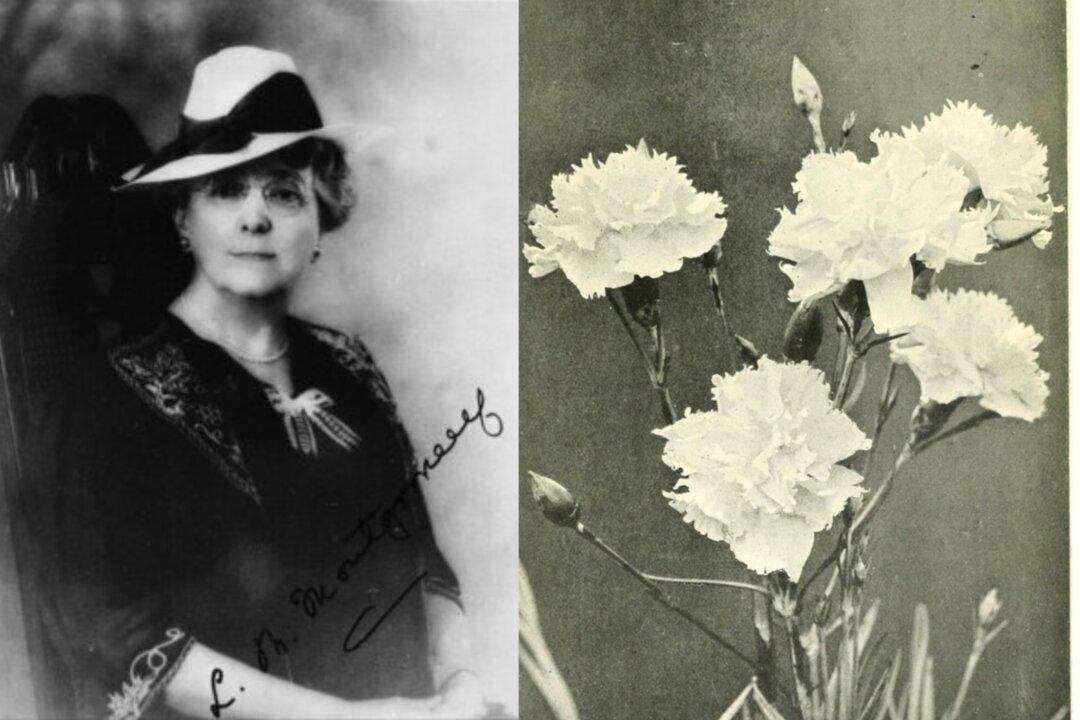Too often we worry about looking perfect and beautiful, impressing people, and fitting in. However, beauty and status are not things worth seeking.
In her short story, “The Night Moth With a Crooked Feeler,” Clara Dillingham Pierson shows that, when we get caught up in beauty, looks, and status, we lose sight of character, kindness, and bravery. Pierson shows how the young moth, Miss Cecropia, learns that good character brings better, truer friends than beauty and status.






